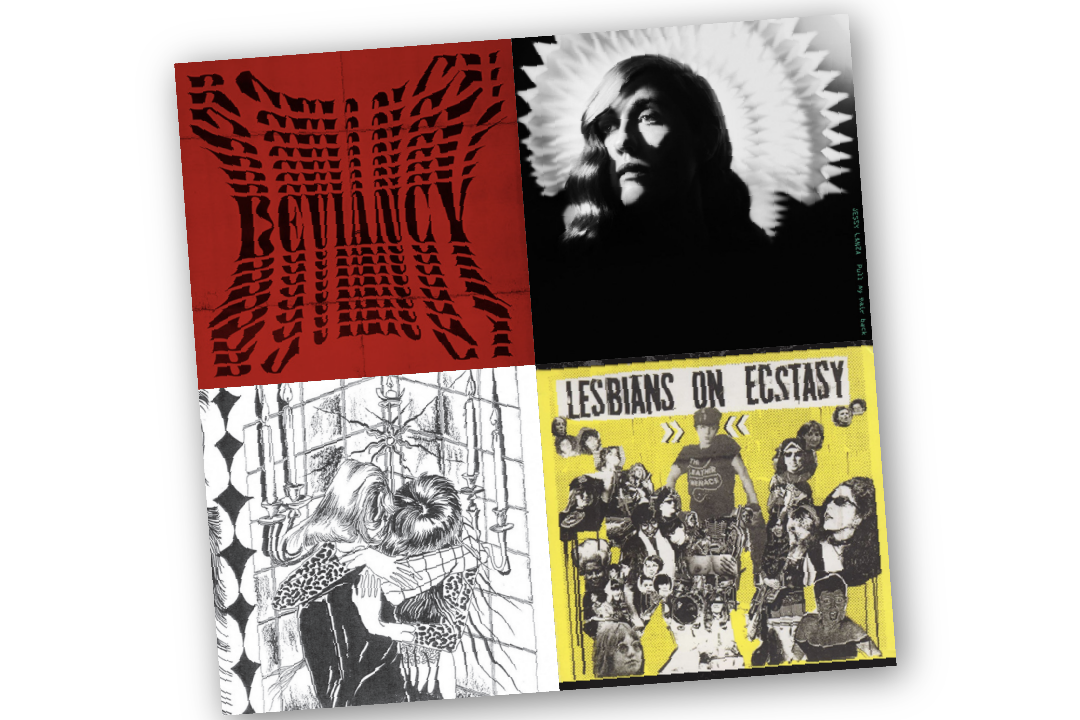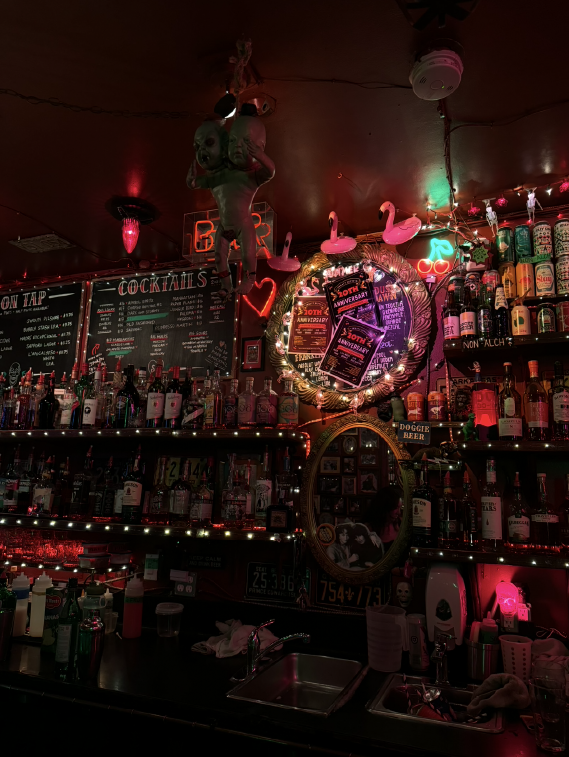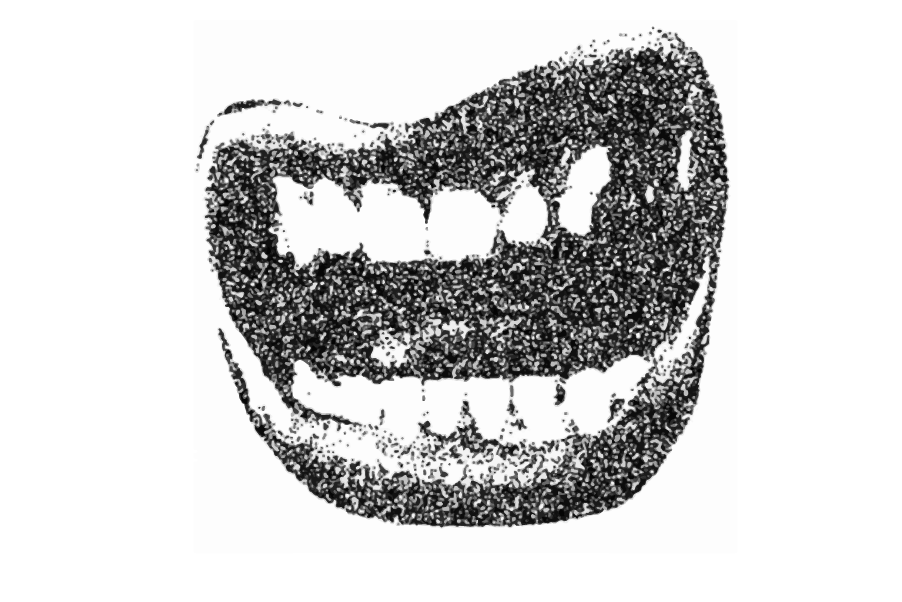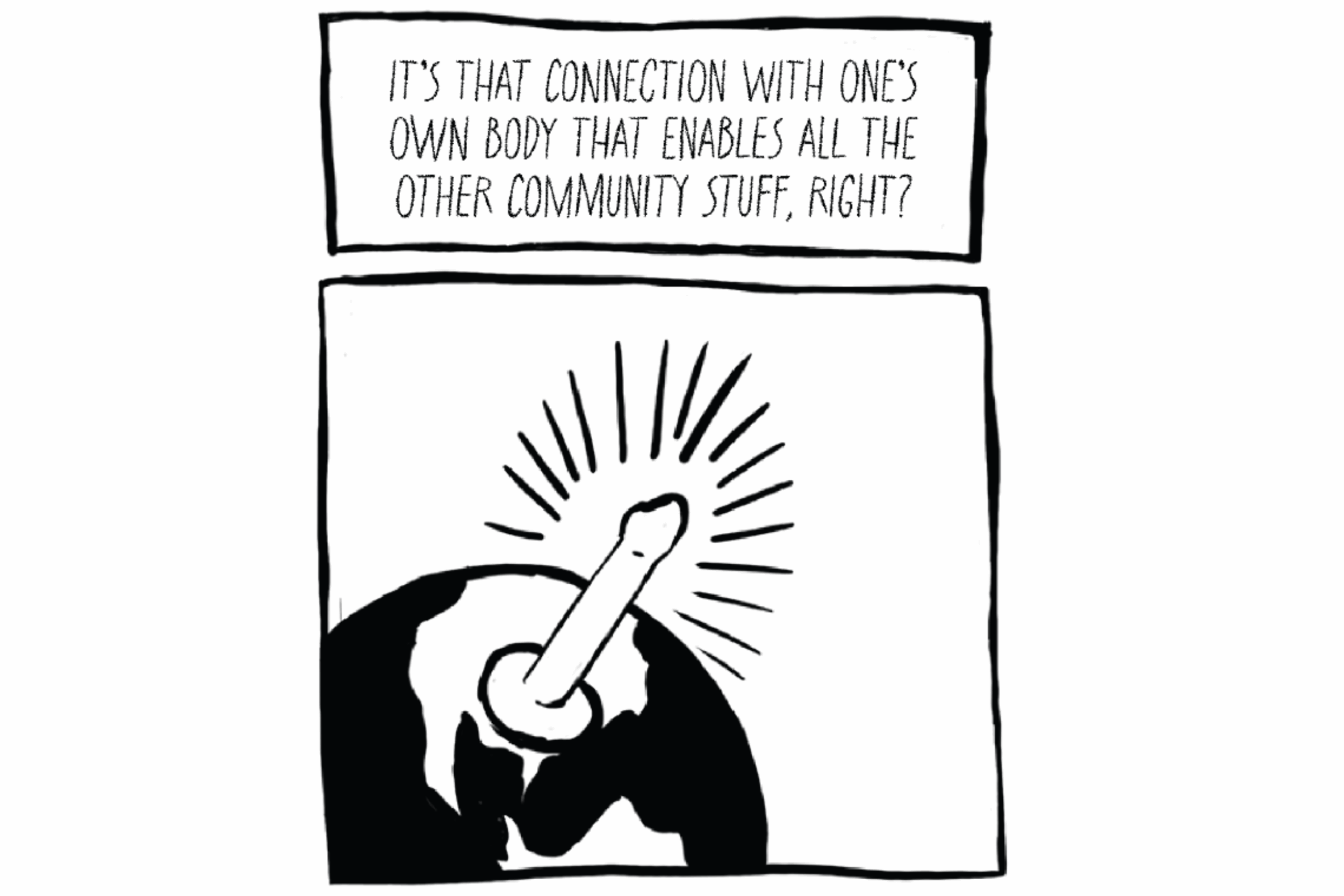Three Black creatives open up about working in film and beauty

By Aisha Duldul
The beauty industry is historically prejudiced against people of colour. But behind the scenes, Black women are defining the space — on film sets, fashion shoots, and even in hair salons. I spoke with three Black women working in hair and makeup about their experience.
“My uncle opened the first Black salon in Ontario, so maybe it’s just in the blood,” says Michele Bonnick, head stylist at Amani Hair Studio, cackling. She breathes deeply as she reflects on how hair has shaped her life.
As a child, Bonnick was obsessed with getting her hair done, so much so that every few days she would race to the salon, eager to climb into the oversized chair that would practically consume her.
“We had local braiders and friends who would braid my hair,” says Bonnick. Each visit was a transformation, a new version of herself revealed through the mirror handed to her once the stylist was done.
“The girls in my neighbourhood would tease me, be like, ‘Oh, here she comes again,’ but I didn’t care,” Bonnick says unbothered.
At first, the teasing was playful. Then one day, it turned into rejection.
“I’m here to get my hair done,” she announced, excitement bubbling out of her.
“No, you’re not,” said her local braider. “We just did it.”
The words stung. She had come by too often.
Bonnick went home and plopped down on her front porch. “I wasn’t going to be embarrassed like that ever again,” she told herself.
So she started working on her hair. Slowly and deliberately, she formed twists — two strands of her kinky, coiled hair looping together like a Twizzler. Her small fingers mimicking the movements she had watched a thousand times before had come naturally. “I watched them for a little while,” she says, her voice steady with confidence.
When I ask her about working on film sets, her enthusiasm dissipates. “I have but I don’t totally love working on set,” Bonnick admits. “I enjoy it once in a while.” It’s not that she’s faced bias, she insists she’s never had trouble with how Black hair is perceived on set, it’s just the pace. “I don’t like the hurry-up-and-wait,” she says. “It’s not really about your creativity, it’s about what they’re looking for.”
For the past 16 years, Bonnick has poured her passion into Amani Hair Studio, formerly known as Atlanta Hair Design. The salon has been nominated twice by the Black Film Association and Bonnick was also featured in Essence in 2011 and theSceneinTO.
With 29 years of experience, she’s built a niche space, a sanctuary for women who walk through the doors.
“The environment here is a networking haven where women get their needs met,” Bonnick says with a steady and assured tone.
Omega Mighty, the owner and founder of DollfaceDredie, has always been a performing artist — music was her world. But growing up as an independent creative she struggled to find makeup products or artists who could truly understand her unique skin.
With few options, she had to teach herself.
“I started to self-teach on YouTube university, as they called it,” she says with a laugh. She then began filming and posting videos of herself, people loved watching her tutorials and soon began requesting her for makeup looks.
“There was a lack of availability,” she says. “The same thing I was searching for was the same thing so many others were searching for.”
As demand grew, so did her business. DollfaceDredie, a makeup business specializing in bridal beauty,
was born and what started out as a solo venture soon expanded into a team of women, each dedicated to filling the gap she once struggled with.
“Any challenges that you’ve faced as a Black makeup artist?” I ask.
“I’ve faced a lot of pushback,” she says, her voice measured.
“I don’t want you to touch me. I don’t want you to work with me because you’re Black,” Mighty says. Some have gone further, doubting her ability simply because of her race. “They [some clients] don’t trust that I will understand their unique skin,” she explains.
A July 2024 study by Alanna Stuart implies that racism isn’t just a hurdle to overcome. “Navigating racism is not something to overcome but an ongoing part of the job,” according to the study. The research also explores the tradition of examining the ways in which ‘behind the scenes’ labour is necessary.
The discomfort isn’t always explicit, but it lingers in the way some clients hesitate, in the polite but firm refusals. “I have experience working on South Asian weddings and they absolutely do not want to work with the Black makeup artists,” Mighty says.
Mighty inhales deeply. “I think as a Black makeup artist, the requirements are very different. You’re expected to be able to service all clients,” she continued. “Where a lot of white makeup artists can get away with not understanding Black skin — that is a norm.”
Glenna Sandy is a licensed celebrity hairstylist with expertise in Afro-textured hair who has built an impressive career in the industry. Recently, she won the ByBlacks People’s Choice Awards and worked on the hair team for the Hulu television series “How To Die Alone.”
“So what inspired you to start your own business?” I ask her.
“How do I start?” Sandy laughed.
Growing up, Sandy and her older sister were always taught the importance of presentation. Having an older sister meant access to tools, products, and endless opportunities for experimentation. “I always loved doing hair,” she says, “but I didn’t take it seriously until my early 20’s.”
Sandy built the courage to ask her hairstylist at the time to teach her everything. “She was a successful hairstylist — I thought she was the best person to learn from,” she says. But her mentor was a busy woman, always juggling clients. “Instead she got her granddaughter to teach me with a mannequin head.”
Practicing on friends and family gave her confidence and soon, her business had a name: Hair by Glenna. Now, with over 20 years of experience, Glenna Sandy is a licensed celebrity hairstylist.
Sandy is a positive person who works well under pressure and believes that working on set is maintaining your zen.
“Generally I’ve had pretty good experiences working on set, even when things get a bit sour, I have my own ways of turning it around so it doesn’t ruin the whole day.” Sandy chuckles. “We still need to work and I’m results-based. I do what I need to do.”
For the future of hairstyling, Sandy thinks that the youth of today are forgetting about the journey of coming up as a creative. “They don’t know the story behind the person achieving it, right?”
“Life is about putting in the work, trying to stay positive, and doing good. As long as people are really focused on their practice and getting better, I believe practice gets better.” Sandy says.
For too long, the beauty industry has been defined by people who have to fight for a seat at the table. But these three women — and so many others — are reshaping the industry with each look they create. Their work doesn’t just reflect hair and makeup, but it’s about visibility and representation. As more Black creatives make their mark, the future of beauty looks more diverse.






Leave a Reply